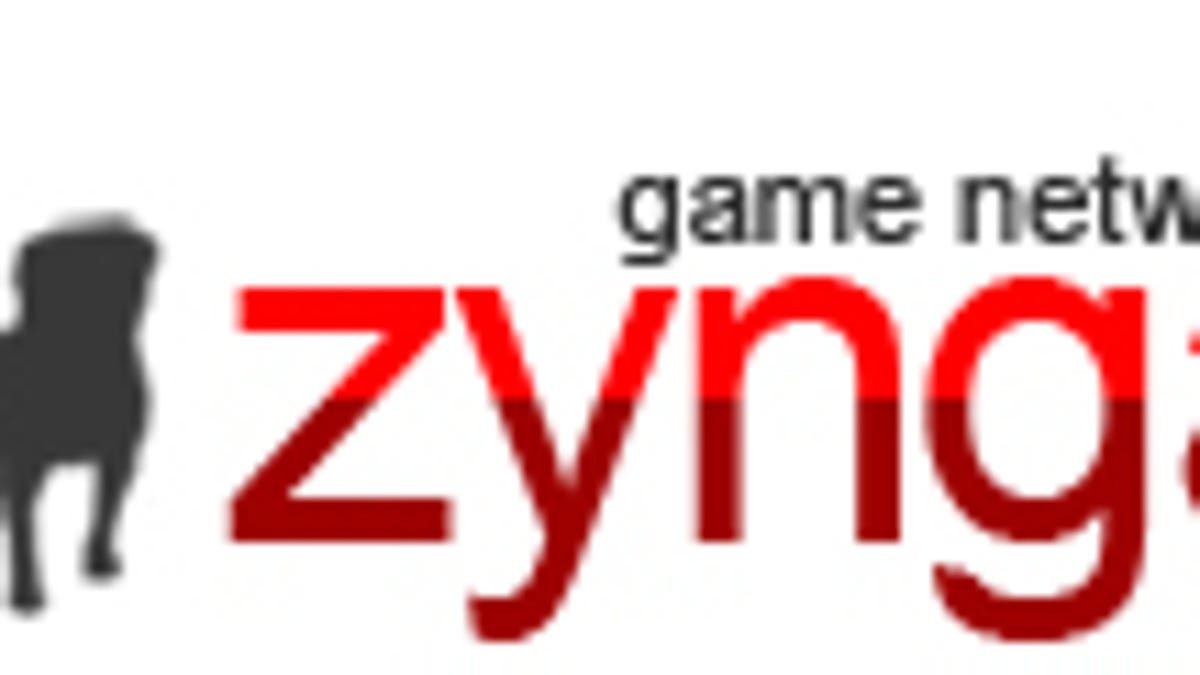Is Zynga's head count higher than Facebook's?
Even if it isn't, they appear very close in terms of human resources. What does this mean considering Zynga is still dependent on Facebook for much of its traffic?

Zynga, the social-gaming company responsible for sensations like FarmVille, Mafia Wars, and Pet Society, owes a big chunk of its runaway success to Facebook and the network of social connections that its developer platform opened up. But has its weed-like growth meant that it now even surpasses Facebook in employee head count? Maybe.
Bret Taylor, Facebook's chief technology officer, said in an onstage interview at this week's Web 2.0 Expo in New York that he believed Zynga now had more employees than Facebook. If that's accurate, it's an astonishing statistic considering that not only is Zynga half the age of Facebook, but that it still owes much of its popularity and viability to Facebook. Arguably, it's still dependent on Facebook.
So how do the employee numbers really match up? Conveniently, the CEOs of both Zynga and Facebook have gone on the record in the past two weeks with regard to how many people work for them. Facebook CEO Mark Zuckerberg recently said that there are 1,600 Facebook employees. Zynga CEO Mark Pincus, announcing the social-gaming company's plans for a new expanded headquarters in San Francisco, said that the company has 1,200 employees.
CNET has confirmed that this refers only to full-time employees, not contractors, and Zynga's personnel setup of "studios" formed in part through start-up acquisitions may mean that the full-time head count doesn't tell the entire story.
A release from Zynga accompanying Pincus' announcement hinted at this. "Zynga has grown from 398 employees in September 2009 to 1,200 employees in September 2010," the release explained. "In addition, the company has 13 studios around the world including offices in Sunnyvale, Los Gatos, Los Angeles, Austin, Boston, Baltimore, Bangalore, Beijing, Tokyo and Frankfurt." One of those "studios," Challenge Games, which became Zynga Austin, had 35 employees at the time of its acquisition, which is probably a good estimate of the size of these studios in question. So the two companies are very close in size at the least.
Zynga's new San Francisco headquarters, announced by Pincus and mayor Gavin Newsom and slated to open in the spring, occupies 270,000 square feet of office space and will include a company gym.
It's undoubtedly the biggest company that can directly trace its rise to Facebook's 2007 decision to open an application program interface (API) for developers to access its "social graph." And though it's working toward a better degree of independence, when there's talk about Zynga possibly going public, the most common argument from detractors is that it's still too reliant on Facebook.
After an alleged row this spring in which Zynga reportedly wanted to launch a games network and possibly desert Facebook altogether--with rumors suggesting that Facebook was force-feeding its fledgling Credits virtual currency to Zynga's games--the two companies signed a five-year agreement "that increases their shared commitment to social gaming on Facebook and expands use of Facebook Credits in Zynga's games." Earlier this month, Zynga agreed to exclusively use Facebook Credits for in-game transactions.
But those who are concerned that Zynga is growing too fast too soon should also take into account the fact that Facebook is vocally minimalist about its office space and human resources. Its headquarters in Palo Alto, Calif., which it moved into last summer, is 137,000 square feet--slightly over half the size of Zynga's new one--and Facebook vice president of engineering Mike Schroepfer has proudly touted the company's ability to accomplish a lot with small teams. In other words, if Facebook were run by any other management team, it would probably have a lot more employees by now.
Sometimes, indeed, that may turn out to be a negative for Facebook. When an engineering snafu left 150,000 members' accounts inaccessible, executives admitted that the company's response had been "too slow."
A correction was made to this post at 4:15 a.m. on Tuesday, October 5. Challenge Games became Zynga Austin, not Boston; another acquisition, Conduit Labs, is now Zynga Boston.

